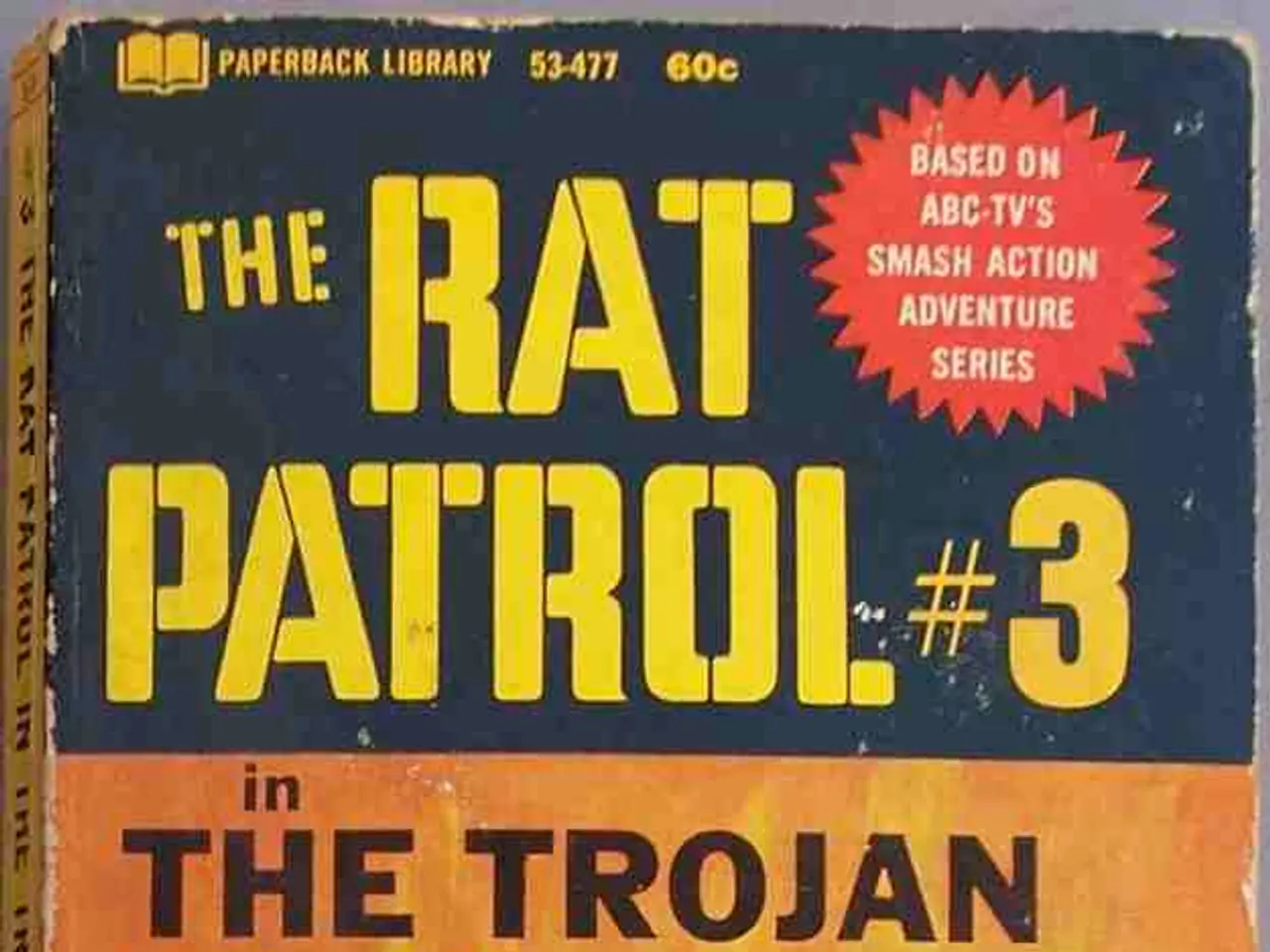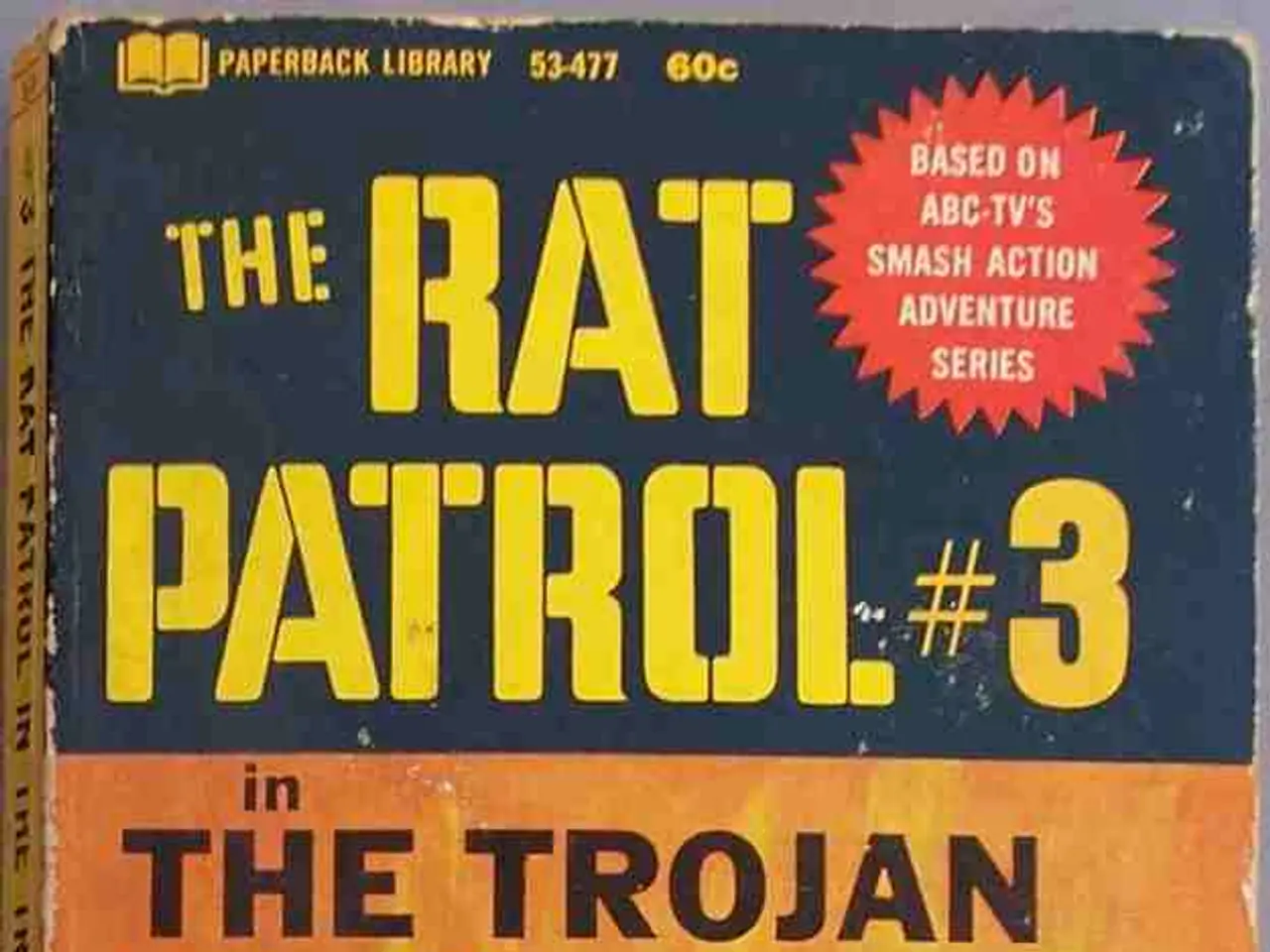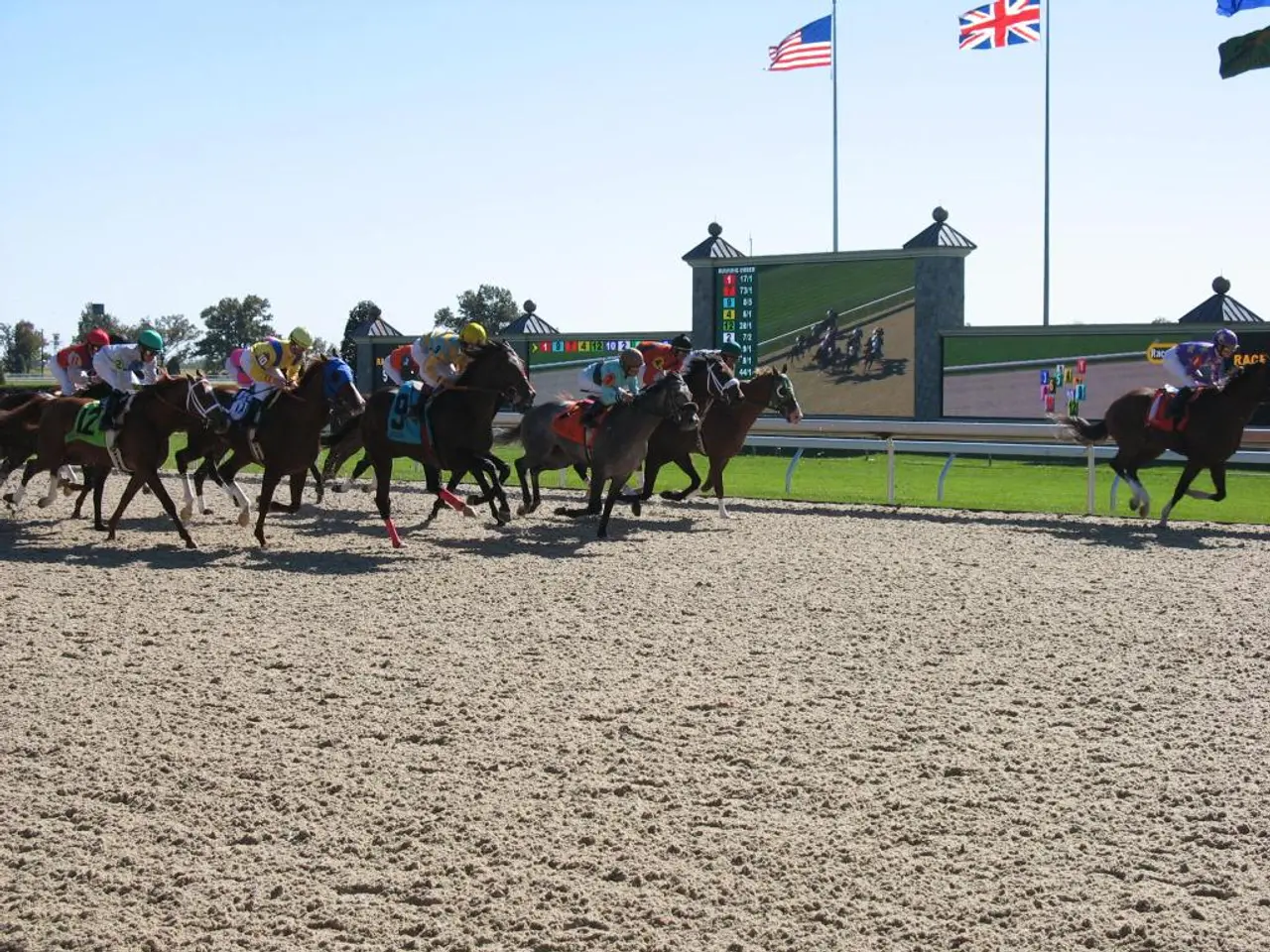- Hezbollah's weapons disarmament discussion intensifies in Lebanon
In the heart of the Middle East, Lebanon is currently navigating a complex political landscape as it moves towards institutionalizing Hezbollah's disarmament. This ambitious endeavour, backed by the United States and marked by a deadline of December 31, 2025, has been met with resistance from Hezbollah, an Iran-backed group that views the decision as illegitimate.
The journey towards disarmament began in earnest in June 2025, with the Lebanese army dismantling over 500 Hezbollah military positions and weapons depots in southern Lebanon. This marked the initial government efforts towards disarmament. The following months saw multiple meetings within the Lebanese cabinet, culminating in the endorsement of a US-proposed timetable that sets a deadline for full disarmament by the end of 2025.
In response, Hezbollah publicly dismissed the government's disarmament decision, viewing it as a "grave sin" and stating its intention to ignore the decision. The group perceives it as a US-driven move serving Israeli interests and threatening Lebanon's sovereignty.
Unfortunately, UN and Lebanese troops have discovered and seized substantial Hezbollah weapons stockpiles, confirming the group's extensive armament despite ceasefire agreements that mandate weapons control by state agencies only.
The disarmament decision, unprecedented since the end of Lebanon's civil war, risks deepening internal political divisions, given Hezbollah’s strong influence and popular support among segments of the Lebanese population. Successful disarmament would significantly enhance the Lebanese state's monopoly on force, but failure could undermine government legitimacy and security governance.
Moreover, the disarmament push aligns with the November 2024 ceasefire, aimed at reducing Hezbollah-Israel hostilities. However, Hezbollah's rejection leaves open the risk of renewed conflict or isolated strikes. The Lebanese government’s alignment with the US timetable highlights substantial external pressure, especially from Washington, which might complicate Lebanon’s relations with Iran and Hezbollah’s Iranian backers.
As the debate over disarmament intensifies, concerns about Lebanon slipping into another political crisis if Hezbollah members resign persist. The demand for Hezbollah to disarm throughout Lebanon is politically risky due to the organization's significant influence and support base. The conflict between Israel and Hezbollah has evolved into a parallel conflict of its own, with President Joseph Aoun, Prime Minister Najib Mikati, the USA, and Israel calling for Hezbollah to hand over all its weapons to the state army.
Hezbollah Secretary-General Naim Qassem reiterated the group's stance in a televised speech, stating that Hezbollah would not disarm as long as Israel's troops are stationed in Lebanon and Israel attacks targets in the country. Israel currently has troops stationed at five posts in southern Lebanon. Despite the diminishing of Hezbollah's arsenal over time, the group has not committed to a timeline for disarmament.
This contentious path towards Hezbollah's disarmament faces significant political and security challenges with wide-ranging domestic and regional implications. The future of Lebanon's political landscape and its relations with its neighbours hang in the balance as this process unfolds.
- The Commission, as part of the ongoing discussion over Hezbollah's disarmament, might be consulted on the potential impact of the draft directive on the protection of workers from the risks related to exposure to carcinogens, given the complex political landscape in Lebanon.
- In the context of the Middle East, the ongoing discussions about Hezbollah's disarmament, war-and-conflicts, politics, and general news areals in Lebanon intertwine extensively, as the future of the nation's political landscape and its regional relations are heavily influenced by these factors.






